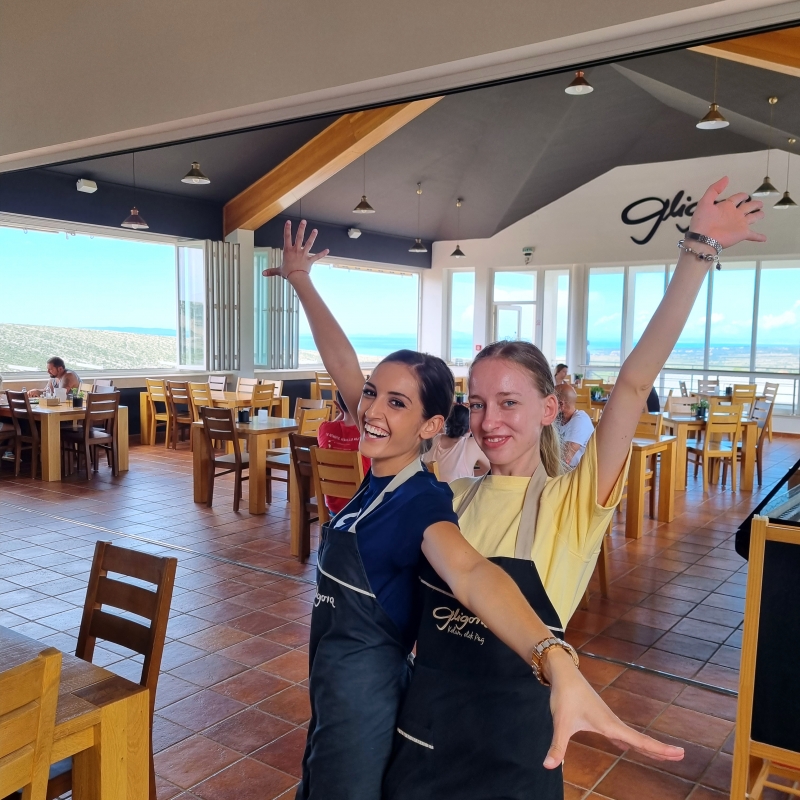Authenticity of Pag cheese
In order to protect the authenticity of Pag cheese, in 2005 The association of Pag cheese producers was established. The Association includes the most important registered producers of Pag cheese on the island, including Gligora Dairy.
The protected authenticity (originality) label can be assigned only to food products whose quality is conditioned by tradition of their production in a certain history period in a certain region in a certain way. Namely, the climate, the soil type, the location, the natural vegetation, cultivated herbs in a region and the way of farming certain animal species are related to differences among the similar cheese types. Along with those, tradition and experience passed on through generations are key factors for recognition of cheese authenticity.
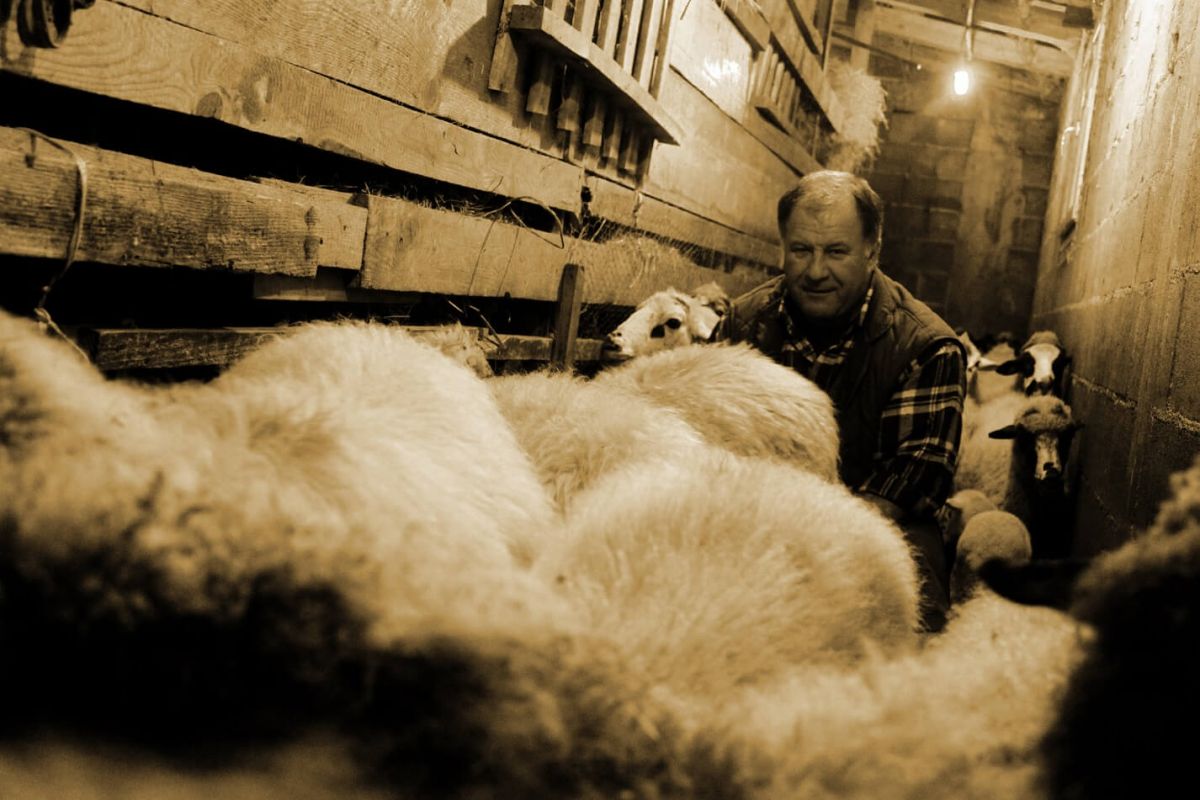
The association of Pag cheese producers asked for recognition of authenticity of Pag cheese as they had met the following criteria: Pag cheese was produced in the past the way it is produced today. The way of production and the knowledge are passed on through generations, milk and cheese production take place in the defined region (Pag), the cheese is typical of the region of production, it is original and authentic. Specific feature of the cheese are conditioned by the authenticity of sheep species, the taste depends on the natural farming, keeping the sheep in the open area with meadows covered with specific aromatic herbs.
Traditionally produced cheese can also be protected by geographic origin labels or traditional image, yet the most valuable protection is authenticity label. Several hundreds of farming products and food are assigned the label of authenticity and geographic origin.
Short overview of production of Pag cheese and Pag curd
The production of Pag cheese and curd is seasonal, as the sheep are milked from January to June on the island. On average, one sheep gives 0.75 l of milk a day. Most of the sheep are still being milked manually. After each milking, which takes place twice a day, over a hundred of Pag sheep milk producers bring the milk at gathering points on the island where the milk is to be stored and cooled. The milk from gathering points then daily goes to the plant in Kolan and is processed to become Pag cheese.
After receiving the milk in the Dairy and after filtration process, the raw milk can be processed thermally or not, depending on the season and the needs. Afterwards, milk is heated at the temperature of about 30°C. Then rennet is added into the milk and it takes half an hour for the milk to turn into cheese (to coagulate). The coagulated mass should then be cut so that tiny coagulated grains can be seen, the size of a wheat grain, and then the mass is heated at the temperature of about 40°C. The cheese grains continue with heating and with drying for additional several minutes. Depending on the season and milk content, experienced cheese makers can adjust the time and the temperature.
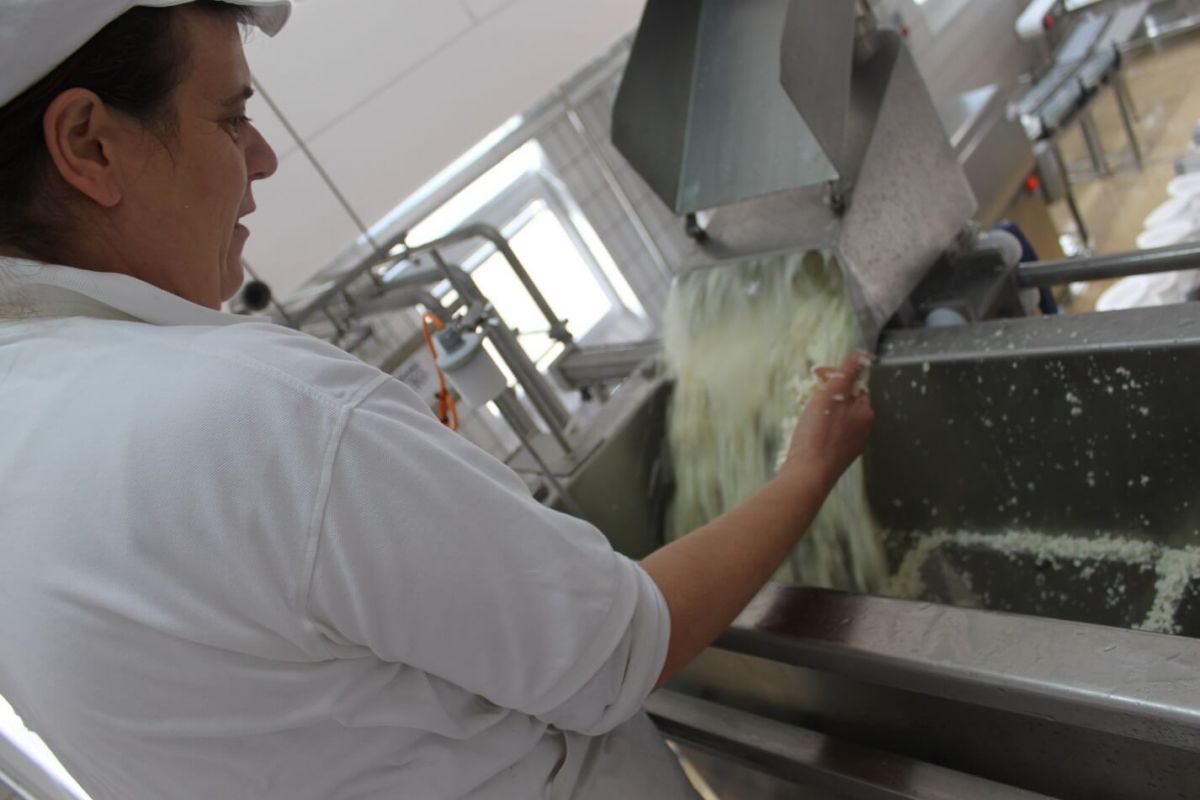
After the drying is done, a part of the whey is filtered and afterwards cooked in special dishes to get the famous Pag curd, while the rest is taken away for the pre-pressing process. The cheese mass is put into molds and then molds are put in the press where for several hours the cheese is being pressed systematically. After that, the cheese is salted and put into a liquid called brine in special pools. In the salting area near the pool for brining process there are shelves used for drying where the cheese is stored after brining. Pag cheese stays in the brine for a day or two.
The last and very important production stage is cheese ripening. The cheese is stored on special shelves in the ripening area with the temperature of about 14°-18° C with relative humidity being about 75%-85%. This lasts for at least 60 days up to 2 years. Every day cheese producers turn around the ripening cheese, they wash and oil the pieces, and traditionally they can apply ashes or must to prolong the ripening process.
Photo Gallery:
experienced cheese makers registered producers of pag cheese association of pag cheese producers cheese protected by geographic origin traditionally produced cheese


 English
English
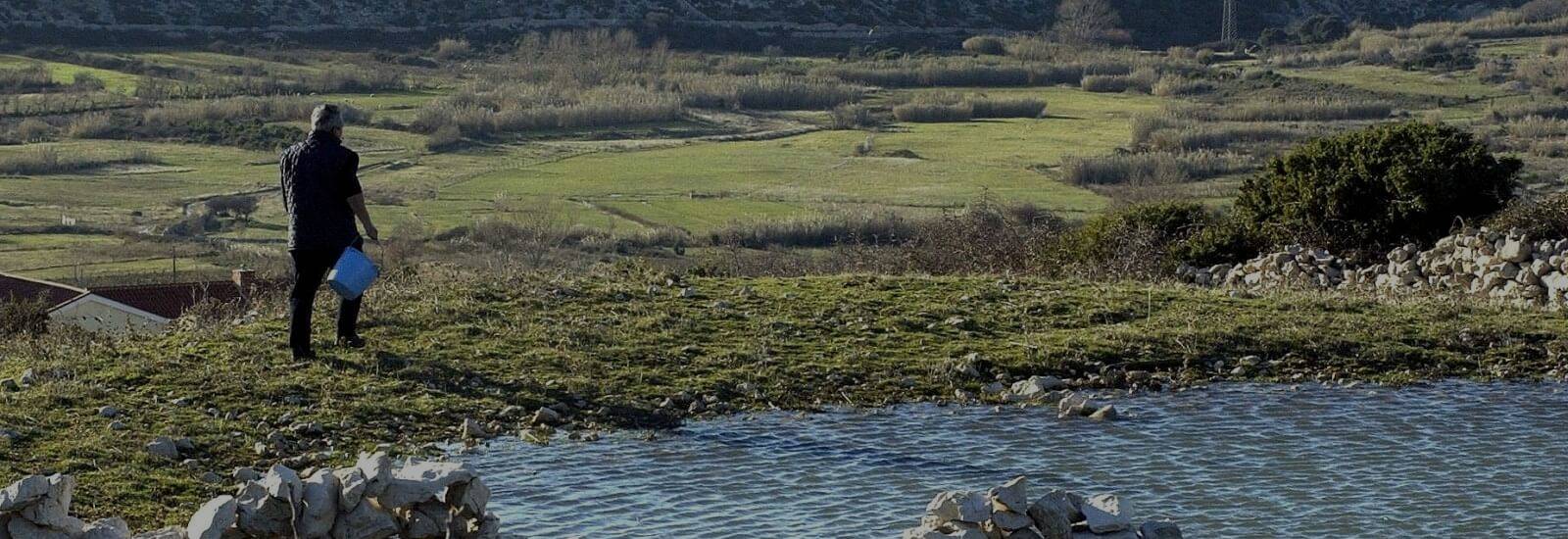
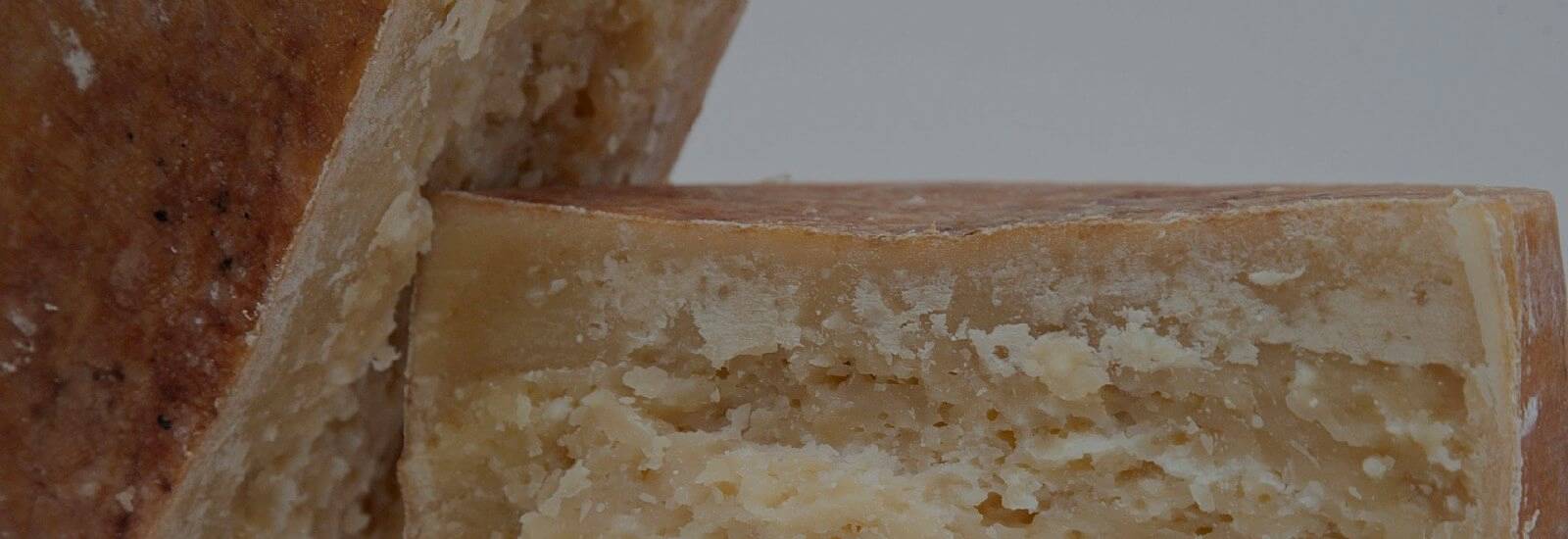
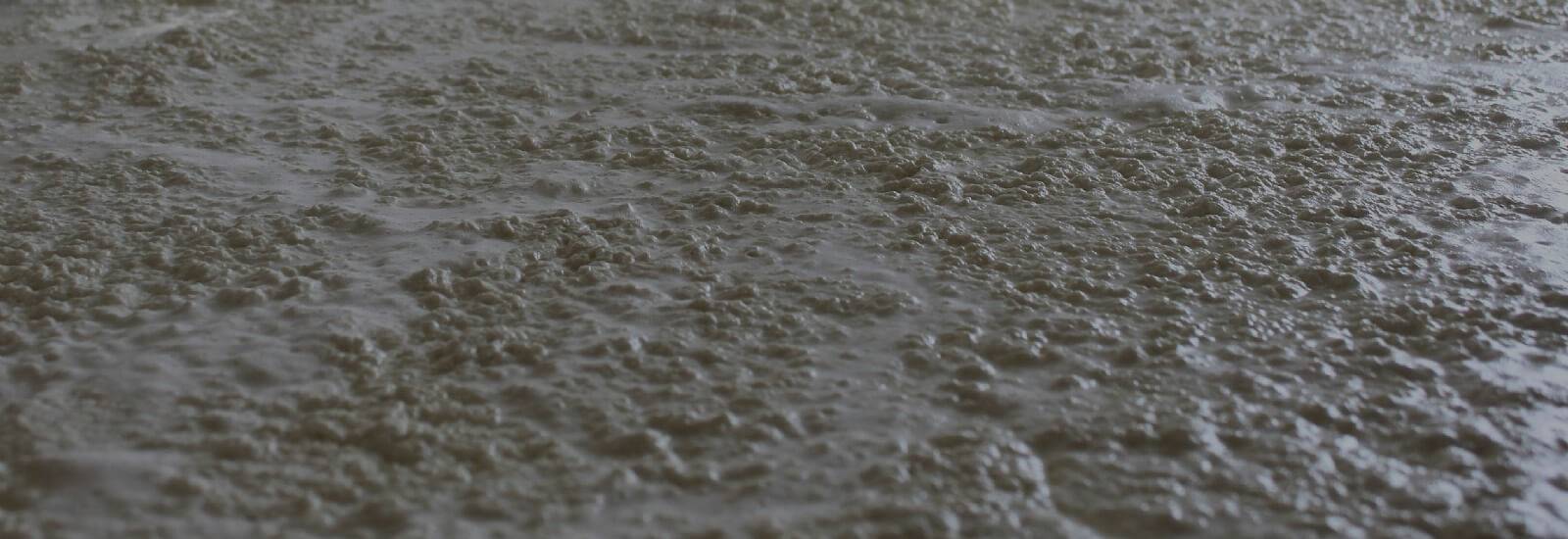

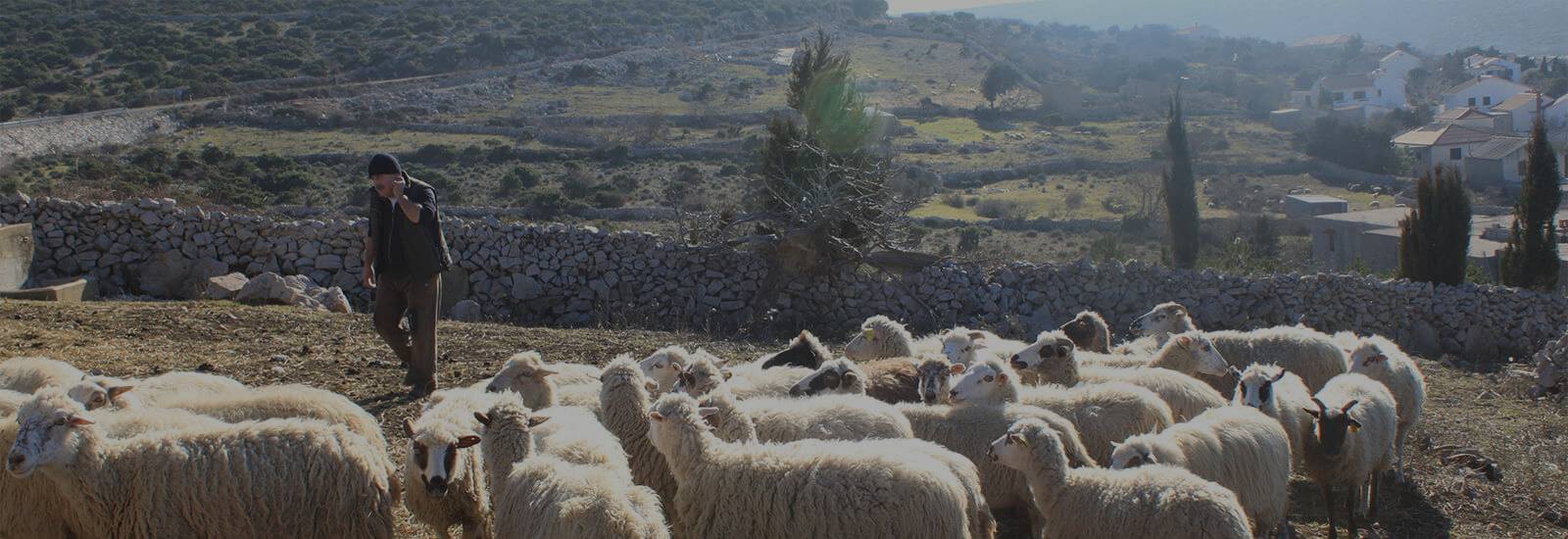
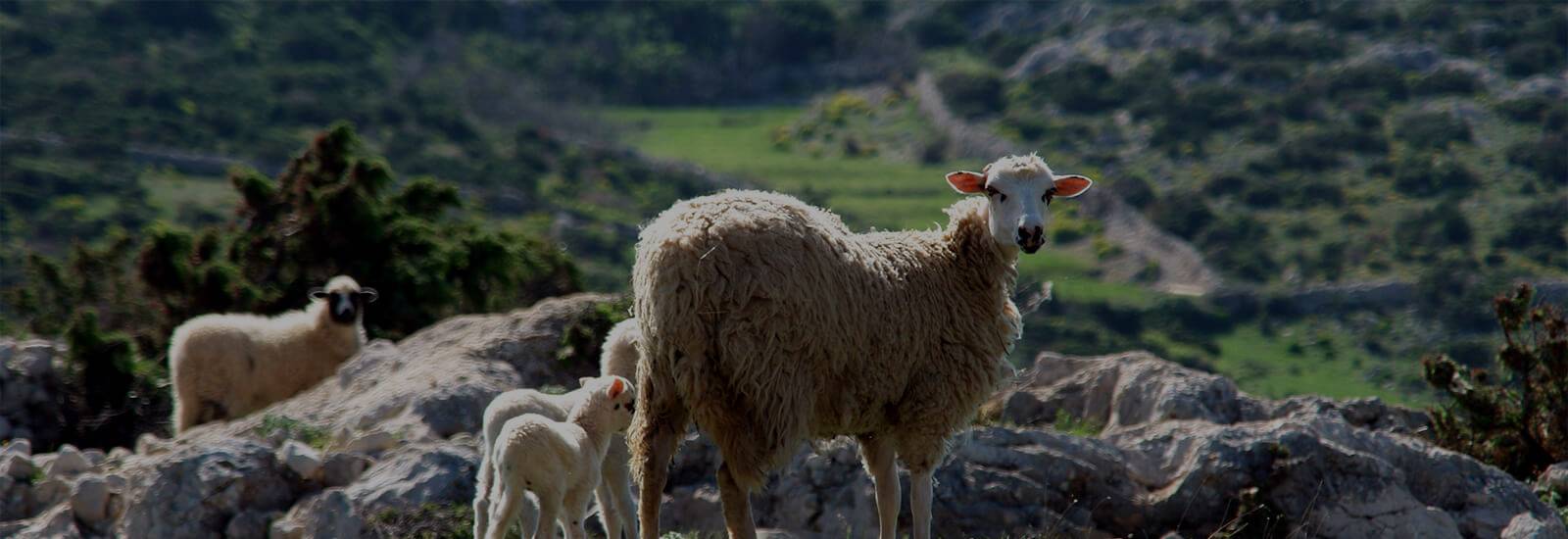
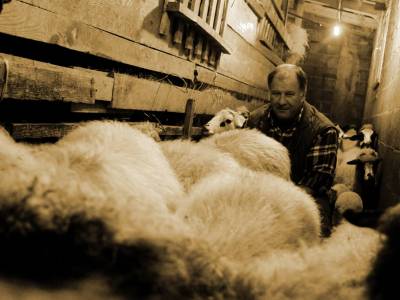



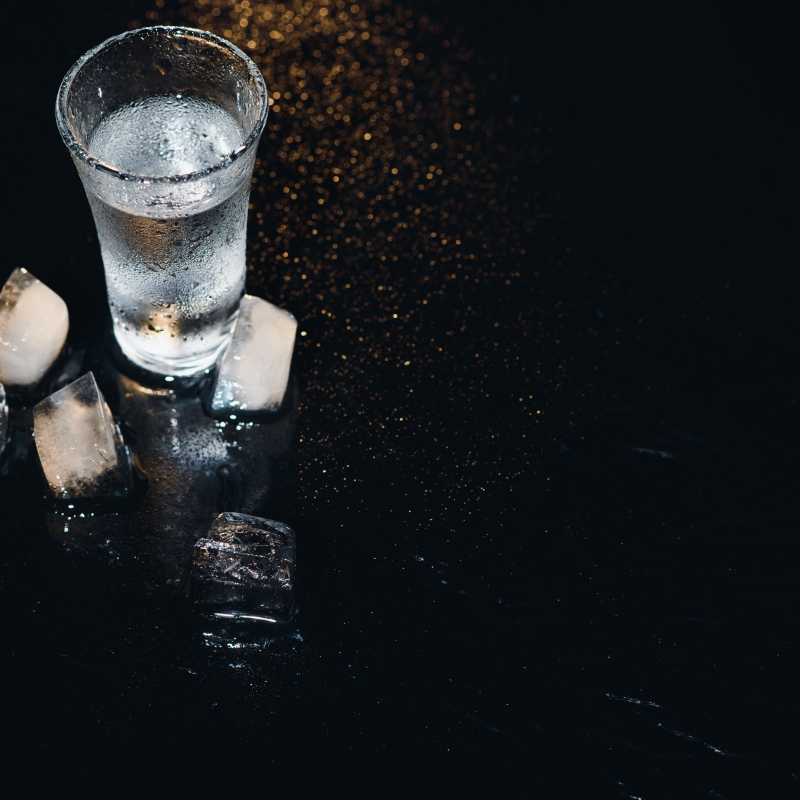
_800_800_s_c1.jpg)

